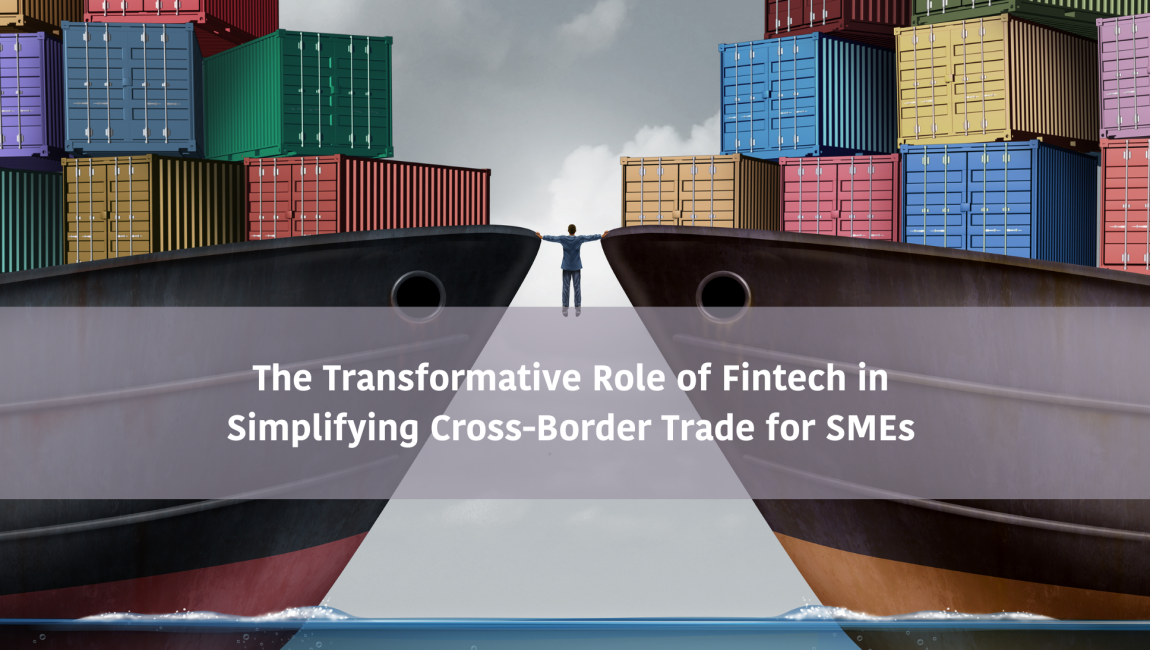Fintech platforms are revolutionizing cross-border trade for SMEs, offering accessible, efficient, and personalized financing solutions, thereby leveling the playing field in the global marketplace.
In global trade, small and medium-sized businesses (SMEs) often face significant challenges, especially when getting the money they need to trade internationally. Traditionally, SMEs faced limited access to finance, opaque fees, sluggish transactions, and a lack of control over their trade journeys. Traditional banks often required mountains of paperwork and collateral, making funding elusive. Hidden charges, foreign exchange markups, and lengthy processing times eroded profits and hindered cash flow. Limited transparency meant SMEs must be aware of actual costs and currency risks.
On the other hand, fintech platforms are revolutionizing how SMEs can finance cross-border trade by providing new and more straightforward ways to obtain the required capital. By leveraging technology, alternative data, and innovative solutions, they’re making cross-border trade more accessible, efficient, and transparent for SMEs.
One of fintech’s most significant features is that it is so easily accessible to SMEs. Fintech platforms are more willing to collaborate with smaller companies than traditional banks. They employ sophisticated technologies to analyze various data types and determine whether a company is reliable enough to receive a loan.
And it is not just about being accessible — fintech makes everything faster and more straightforward. Forget about waiting ages for your financing application to go through. With fintech, you can often get the money you need in just a few hours. This speedy process means SMEs can take advantage of quick opportunities in the global market without missing out.
Fintech platforms personalize their financing options to fit each SME’s unique needs. They consider factors like the business’s past performance, online presence, and industry to determine the right kind of financing. This implies that even more recent or smaller SMEs can obtain the funding required for global trade.
The impact is not limited to effectiveness. Fintech is making SMEs more competitive by allowing them to compete anywhere globally, regardless of size or location. Access to previously unattainable markets promotes innovation and job growth. Fintech also encourages financial inclusion and inclusive economic growth by providing financial services to underserved firms.
In short, fintech is changing the game for SMEs in cross-border trade financing. It is making things easier to understand, quicker to do, and more personalized to each business’s needs. With fintech, SMEs have a better shot at growing their businesses internationally and succeeding in the global marketplace. As fintech keeps getting better, SMEs can look forward to even more opportunities to grow and thrive on a global scale.

